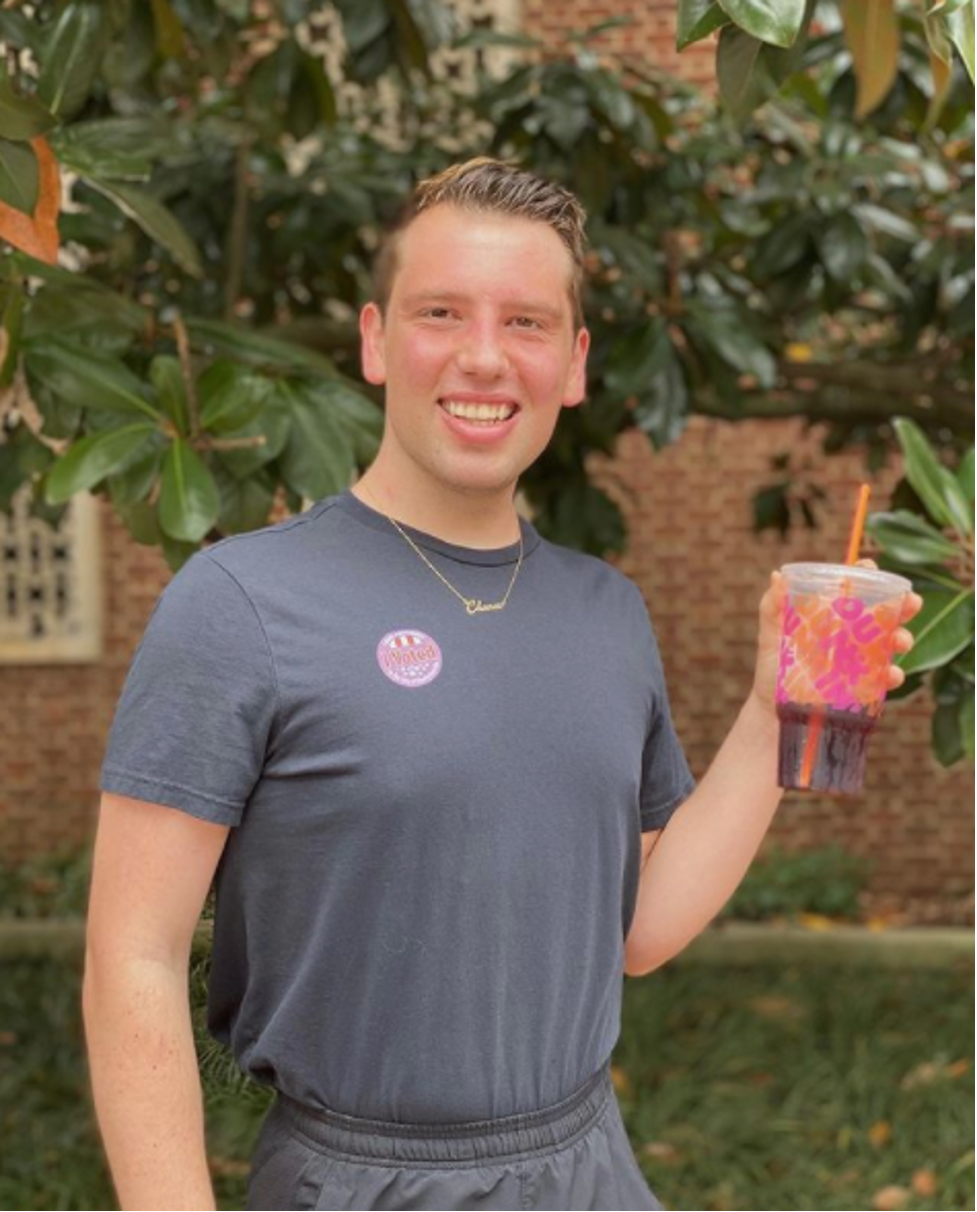Nate Wunderli ‘22
Sports Editor
This week I had the opportunity to attend The Real Deal: Public Defense Seminar. This is an annual event, and one that I have attended once before during 1L year. This time, however, I had a different motivation to attend: I am currently in the prosecution clinic at the law school, where I visit the Orange County prosecutor’s office on a weekly basis. I’m also coming off a summer where I engaged in a lot of juvenile defense work. Having seen a little of how both sides operate and view the world, I came into this panel discussion with a much more nuanced view of the criminal justice system and was curious about what these accomplished public defenders would say.
Much of what the panelists said focused on the human aspect of being a public defender. Being able to put your “feet in the client’s shoes,” focusing on the “why” someone committed a crime rather than the “what,” and having the humility to realize that if we were brought up in the same situation, with the same challenges as the client, we might have done the same thing. I could see the compassion emanating from each of the panelists as they described their clients and their work. No doubt some of their clients have done horrible things, but these defenders are able to look at the bright side. There is a certain amount of love that goes into being a good public defender and advocate, and the realization that people are not perfect, that even bad people can change. One of the panelists talked about how being a public defender is not just about bringing your legal knowledge to the table, it is about using the entire breadth of your life’s experience and own personal challenges in order to advocate for someone who, in some cases, most of society would have shunned.
While compassion and tolerance seemed to be at the core of much of the public defender’s work, this is juxtaposed with the stark reality offered by one panelist: sometimes acquittal is not the best option. The panelist said that he has experienced cases where he had got an acquittal, just to see his client commit horrible crimes, even murder, against those who testified against him. Another topic addressed was the number of public defenders who are switching to become Commonwealth attorneys. The panelists were generally not pleased with this trend, even if it means more progressive prosecutors favorable to their clients. While some of it was said in jest, it was also clear that these public defenders are loyal to their profession and the part they play in the legal system. Becoming a prosecutor after a long career as a public defender amounts to almost a betrayal, like switching fanhood in sports.
As one panelist said, some people are able to switch back and forth between prosecutor and defense attorney, while others cannot. While she did not give an explicit reason for why this would be the case, or what qualities make some people able to switch but not others, I am able to draw on my own experience to guess why. The justice system, while chock full of rules, procedures, and formalities, is ultimately about people. On one hand, you have the defendant. If you are only focused on one side, it is easy to feel bad for the defendant. They may have had abuse in their home growing up, got exposed to drugs early, or had any host of issues that ultimately led to their being in the courtroom that day. Life is hard and can push even the strongest person to the brink. Yet here is someone who may have had no opportunities at all, sitting in the courtroom, sometimes with only mild comprehension of what is happening, whose fate is being decided by complete strangers.
On the other hand, you have the victim. Someone whose life was altered permanently by the actions of another. Hearing their story, seeing their anguish, pain, and tears, leaves you first feeling sad for them and also angry at the person who caused them such pain and suffering. How many more people will have to suffer if the individual brought to the courtroom that day is allowed to walk away freely? These are questions prosecutors, and sometimes defense attorneys, have to ask themselves regularly. For some, but perhaps especially for defense attorneys, it may be easier just to focus on one side of the problem in order to be an effective advocate. For prosecutors, who are given wide discretion to enforce laws, it is more necessary to channel both sympathies, almost like a judge. However, without an effective defense attorney to convey information about a defendant and really get to know the defendant, this balancing of justice and mercy becomes skewed.
If this public defense seminar revealed anything, it is that people and an understanding of those people are at the core of the criminal justice system. In a seminar where they could have talked about anything, the panelists focused most of all on one thing: humanity.
---
nw7cz@virginia.edu








































